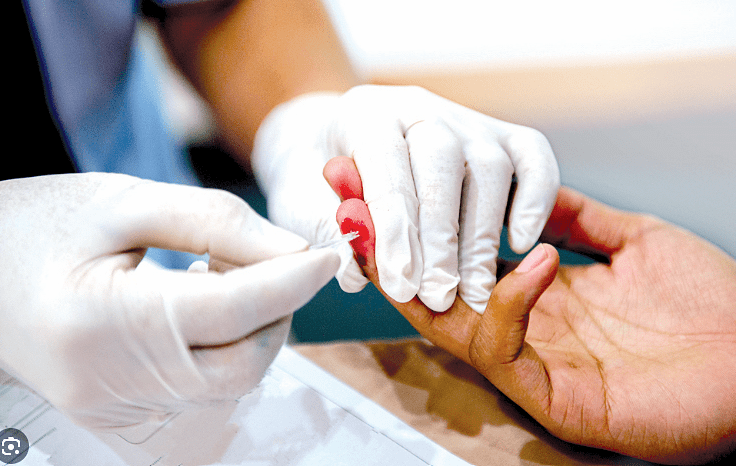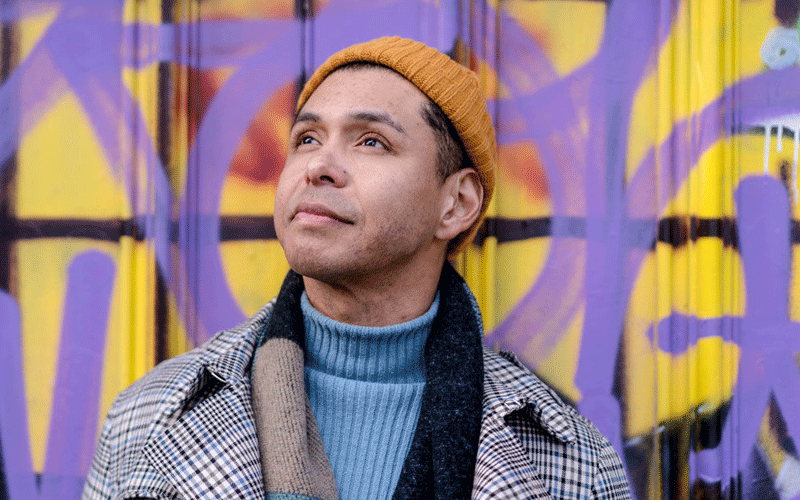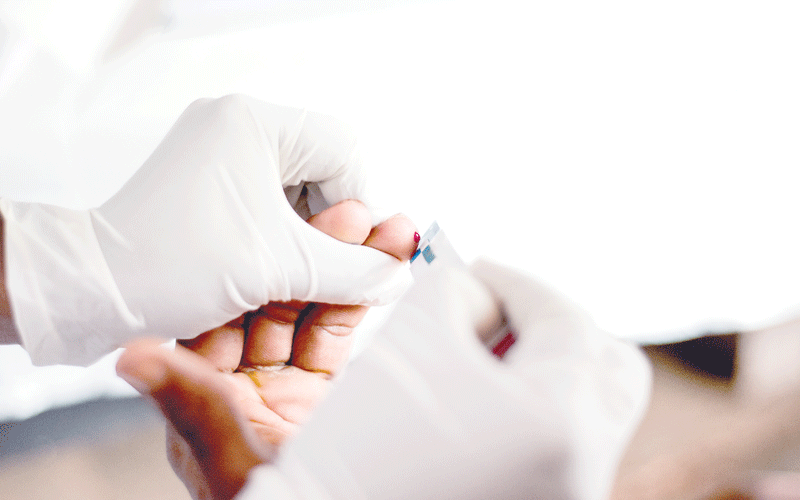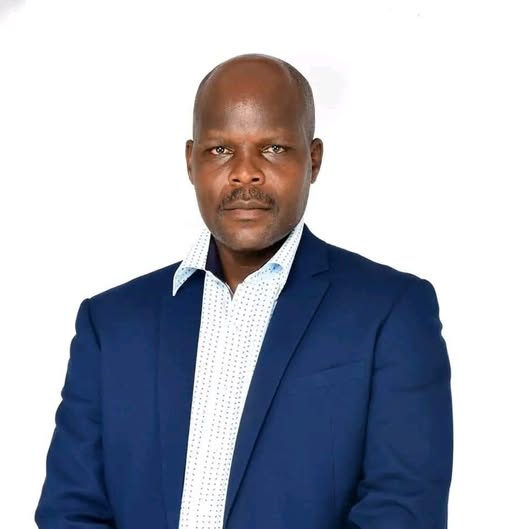Alarm as HIV/Aids takes toll on youth and women
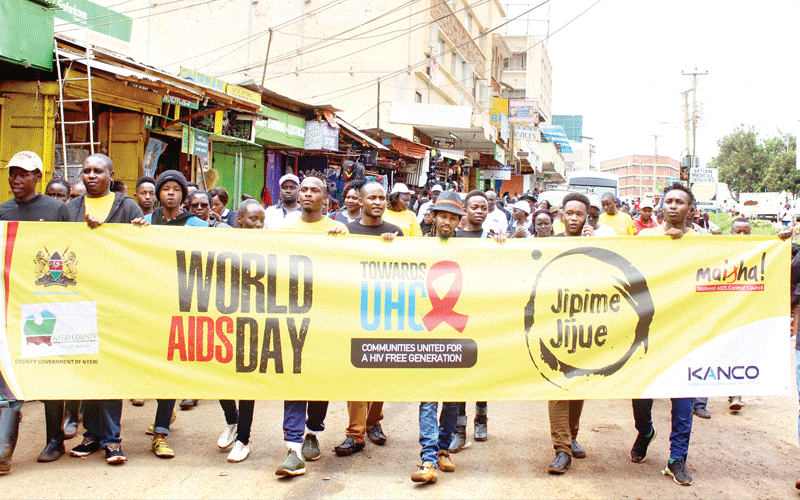
First Lady Margaret Kenyatta has deplored new HIV/Aids infections among young women and adolescents and said the trend was eroding the gains made in the fight against the pandemic.
She appealed to stakeholders and development partners to support girls and women with information to curb the infections.
Addressing the public at Gusii Stadium yesterday during World Aids Day celebration themed ‘communities make a difference’, the First Lady noted that some HIVpositive, pregnant women lacked access to ante-natal care, risking the lives of the unborn babies.
Mrs Kenyatta, who launched Faith Sector HIV and Health messages booklet for use by religious leaders, appealed to women to seek antenatal services at health facilities, be tested and be guided to deliver HIV-free children.
“I challenge health workers to guide and counsel mothers and work hard to eliminate mother-to-child transmission of the virus,” she said.
The First Lady lauded Kisii County government for setting up a Mother and Child Unit and launching the “Elimination of mother-to-child transmission of HIV Business Plan 2020-2021”, noting it will reduce the transmission of the scourge.
Achieve target
She was accompanied by Health Cabinet Secretary Sicily Kariuki, Principal Secretary Susan Mochache, National Aids Control Council chief executive Nduku Kilonzo, Kisii Governor James Ongwae, his deputy Joash Maangi and lawmakers Richard Tong’i (Nyaribari Chache), Jimmy Angwenyi (Kitutu Chache North) and Woman Representatives Janet Ongera (Kisii) and Sabina Chege (Murang’a).
The First Lady lauded civil society and religious organisations for complementing the government’s efforts in fighting the Aids pandemic.
“We want a stronger collaboration with church leaders, community health workers and civil society organisations to work together and commit to ensure no child is born with HIV,” said Mrs Kenyatta.
She said it was necessary for the government, counties and individuals to invest resources to enhance access to treatment for the government to achieve the target of a HIV-free nation by 2030.
Kariuki said the government has managed to reduce HIV/Aids prevalence from 13 per cent in the 90s to four per cent nationally, adding that new infections have been reduced nationally and globally.
Fight disease
She noted that most pregnant women had been sensitised and deliver at health facilities, where they are tested for HIV/Aids. She said the First Lady’s Beyond Zero campaign and technology had helped reduce the transmission of HIV from mother to child.
“Although we have made progress in reduction of HIV, we need to eliminate the transmission of the virus from mother to child where there has been a general retrogression,” said Kariuki.
She urged the counties to develop strategies to combat the pandemic, noting that donor funding had been reduced and it was necessary for the government to fund the campaign against the scourge by more than 50 per cent.
The CS assured development partners that universal health coverage was on course and urged the Council of Governors to support it.
Ongwae said the prevalence rate of HIV/Aids in the county had been reduced from nine per cent in 2013 to 4.4 per cent while infections had been reduced from 4,900 to 1,200 per year. He said HIV-related deaths were reduced from 1,200 to 628 while healthcare facilities offering HIV/Aids services had been increased from 112 to 143.
The governor appealed to men to go for tests to know their HIV status and seek treatment if found positive.
“I challenge Kenyans to shun stigmatising people living with HIV/Aids and instead embrace, guide and support them,” Ongwae said.
Kisii University professor Benjamin Ondigi, who heads the Aids Control Unit at the university said the unit was helping students to fight the disease.
Ondigi, who represented Vice Chancellor John Akama, lauded the management of Kisii Teaching and Referral Hospital for setting aside a unit where the youth can access HIV/Aids services.
Meanwhile, the government has been urged to employ persons living with HIV/Aids in public hospitals’ comprehensive care centres, where people living with the virus go for holistic care and management.
HIV patients said this would go a long way in ending stigma, adding that they become more comfortable and hopeful seeing one of their own administering drugs and advice at the centres.
Serah Mwangi, who has lived with HIV/Aids for 22 years, said there is need for a database of all HIV/Aids patients to allow close monitoring and follow up on medication.
“As we celebrate World Aids Day, there needs to be more education in schools on how best to end stigma. Students are suffering and sometimes I feel demoralised especially when an innocent soul is stigmatised in school,” said Mwangi, who teaches English and Literature at Afraha High School.
